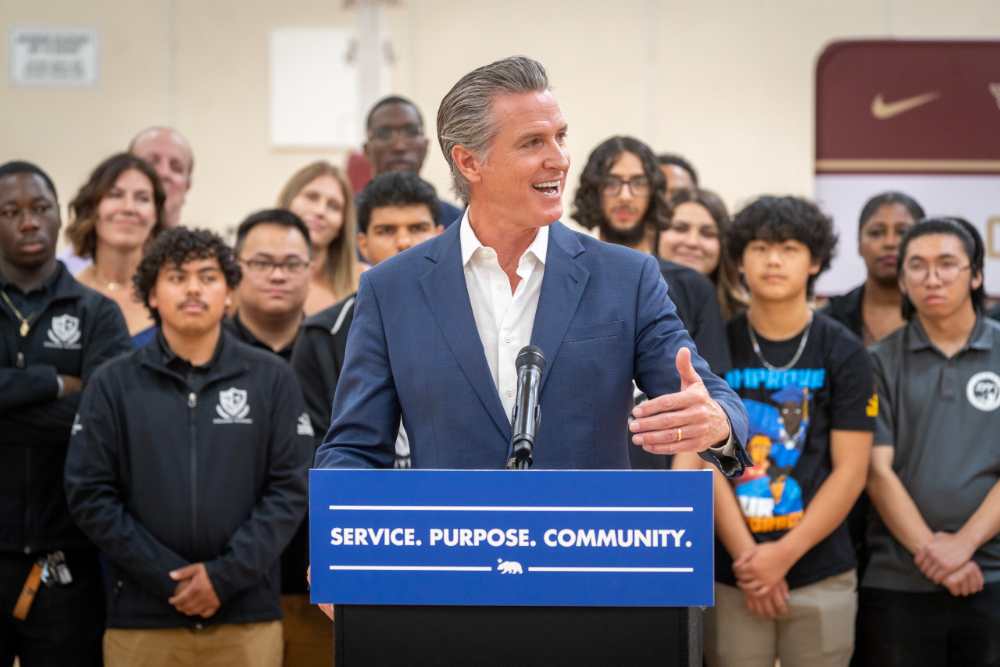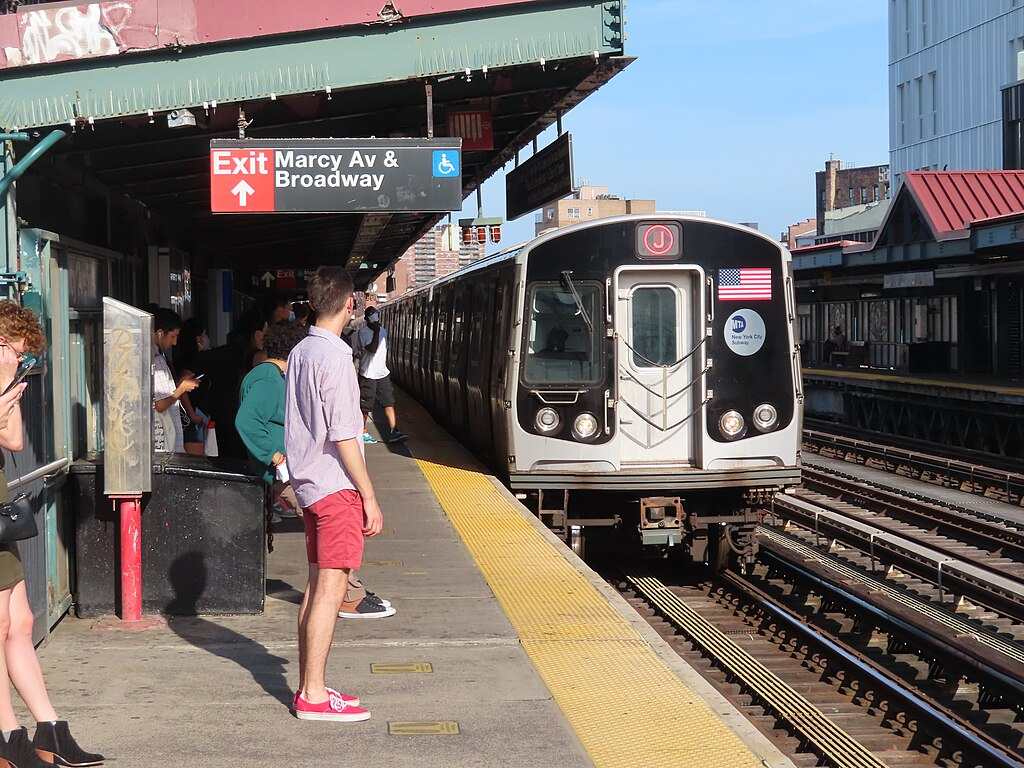California Governor Gavin Newsom launched a major new program Tuesday aimed at helping young men across the state. The California Men’s Service Challenge calls for 10,000 men to step up as mentors, coaches, and tutors to support boys and young men facing serious mental health struggles.
Speaking at Florin High School in Sacramento, Newsom described what he calls an “epidemic of loneliness” among young men. The program builds on an executive order he signed in July that focused on addressing rising suicide rates and disconnection among males.
The numbers tell a troubling story. A national poll showed 70 percent of boys and young men believe society does not care about their well-being. Nearly one in four men under 30 report having no close friends, with even higher rates of disconnection among young Black men. The suicide crisis is particularly stark – suicide rates for men aged 15 to 44 are three to four times higher than for women.
The workplace situation shows similar problems. About one in nine men aged 25 to 54 are neither working nor looking for work, and male unemployment rates in California are higher than female rates. Education trends are equally concerning, with 55.4 percent of male high school graduates enrolling in college compared to 69.5 percent of women. Male college enrollment and completion have dropped significantly over the past decade.
The new challenge works through partnerships with established organizations. Big Brothers Big Sisters, MENTOR California, the YMCA of Metropolitan Los Angeles, Giants Community Fund, Improve Your Tomorrow, and the American Institute for Boys and Men are all participating. The program connects to California’s existing Service Corps, which the state describes as the largest service force in the nation.
Josh Fryday, who leads the Governor’s Office of Service and Community Engagement, explained the program’s approach. “Young men across California are struggling with disconnection, loneliness and a lack of direction. Through service, we can give them a sense of purpose and the opportunity to build careers while making a difference in their communities”, he said.
The mentorship component addresses a significant gap. Marcus Strother from MENTOR California noted that one out of every three young people grows up without a caring adult they can call a mentor. Research shows mentored youth are more likely to succeed in school and find clear career paths.
Similar Posts
Michael Lynch from Improve Your Tomorrow emphasized the urgency, saying “converging economic and technological factors, societal messaging around masculinity, more time spent online, and less time spent building community, have caused deep issues amongst boys and men”.
The program offers practical pathways for participants. Service roles include disaster relief, wildfire mitigation, and community sports coaching. These positions provide real-world experience while building connections between mentors and the young men they serve. The state is working to connect these roles with career development opportunities.
First Partner Jennifer Siebel Newsom emphasized the community aspect of the initiative. She spoke about the importance of belonging and lifting up the next generation through mentorship and connection.
Richard Reeves from the American Institute for Boys and Men provided broader context. “In a healthy society, everybody knows that the community needs them. Too many men today do not feel that”, he said. “Right now, many organizations say they don’t have enough men stepping forward to serve; meanwhile, many men say they are unsure of their purpose and role in our communities”.
The challenge comes at a time when political observers note Democrats’ struggles connecting with young male voters.
Newsom acknowledged this broader crisis during the launch event. “We have a crisis in this country, of men and boys, and for decades, candidly, we’ve neglected it because some of us have been scared to enter into the fight”, he said. He emphasized that addressing men’s issues doesn’t detract from gender equality efforts.
The program accepts volunteers through mensservicechallenge.com and partner organization websites. The state plans to track program progress as the initiative develops, working with California Volunteers and GO-Serve to coordinate efforts and measure outcomes.



















